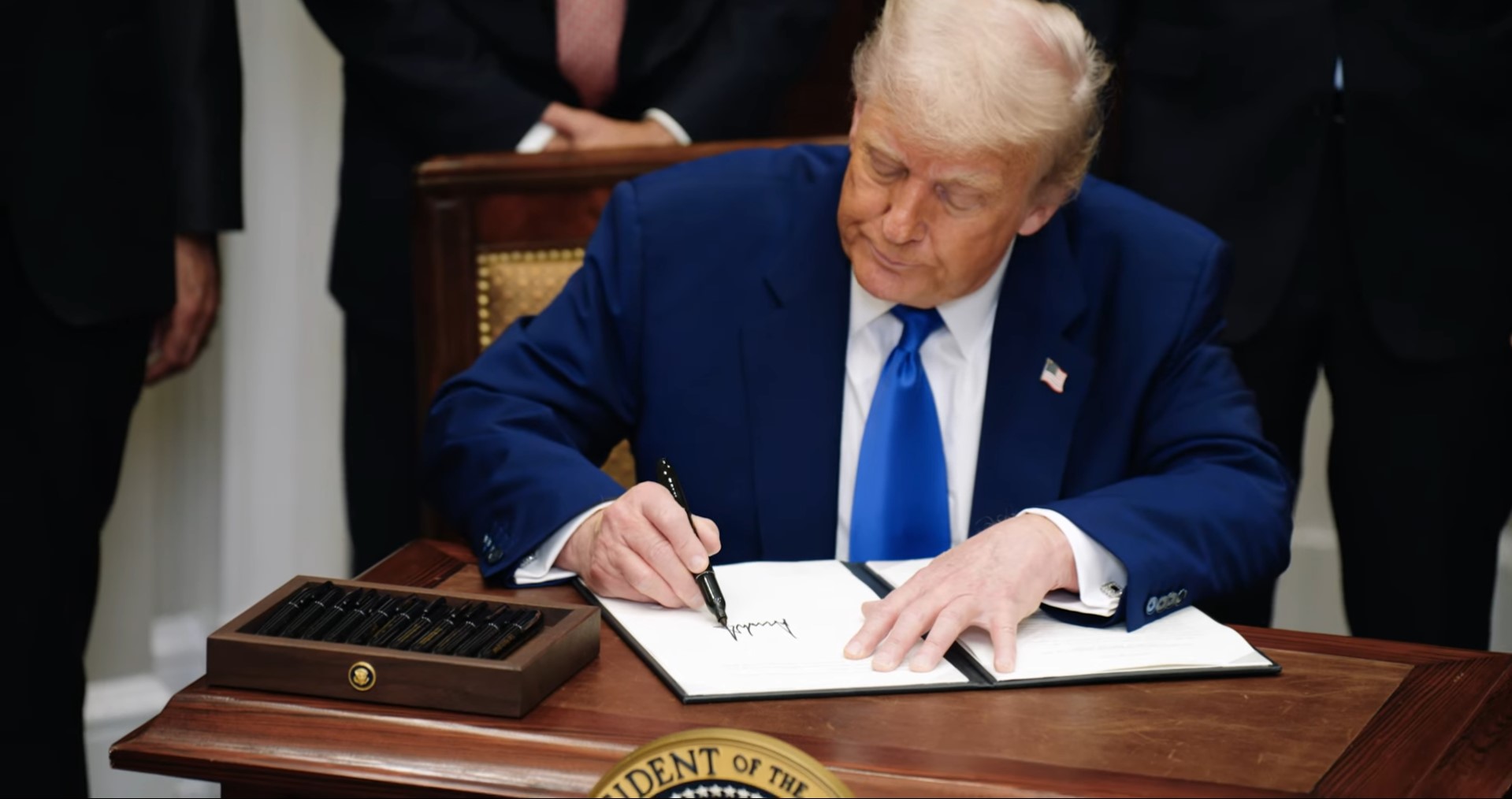Trump Orders Drug Price Alignment, Lacks Immediate Enforcement Power
Executive action calls for "most favored nation" pricing but relies on future regulatory threats rather than current legal mandates, leading to industry relief.

NEW YORK -- President Donald Trump signed an executive order on Monday aiming to compel pharmaceutical manufacturers to lower drug prices in the United States to levels comparable with other developed nations. The order decries the existing situation, stating, "The United States has less than five percent of the world’s population and yet funds around three quarters of global pharmaceutical profits." It asserts this "egregious imbalance is orchestrated through a purposeful scheme" where manufacturers discount products for foreign markets and subsidize this through high U.S. prices.
The directive, however, stops short of imposing immediate, legally binding price controls. Instead, it mandates that within 30 days, the Secretary of Health and Human Services "shall... communicate most-favored-nation price targets to pharmaceutical manufacturers." The order's policy is that "Americans should not be forced to subsidize low-cost prescription drugs and biologics in other developed countries, and face overcharges for the same products in the United States. Americans must therefore have access to the most-favored-nation price for these products." It declares, "This abuse of Americans’ generosity... must end."
Should "significant progress towards most-favored-nation pricing" not be achieved following this communication, the order outlines several potential actions. These include the Secretary proposing "a rulemaking plan to impose most-favored-nation pricing," considering certification for drug importation, and directing the Attorney General and FTC Chairman to "undertake enforcement action against any anti-competitive practices identified." The Secretary of Commerce is also tasked to "review and consider all necessary action regarding the export of pharmaceutical drugs or precursor material that may be fueling the global price discrimination."
The financial markets reacted positively to the order's perceived lack of immediate bite, with pharmaceutical stocks rising after an initial dip. This suggested relief within the industry that the measures were not as stringent as some had feared. The order’s reliance on future potential actions, rather than direct mandates, led to skepticism about its near-term impact on drug prices, a persistent issue Mr. Trump has criticized.
The document frames the high prices as a subsidy by American consumers for global innovation and foreign health systems. It calls for an end to "global freeloading" and states that if manufacturers fail to offer American consumers the "most-favored-nation lowest price, my Administration will take additional aggressive action." Despite its forceful language, the order's actual power to compel immediate price reductions remains contingent on subsequent administrative steps and the industry's voluntary response.
